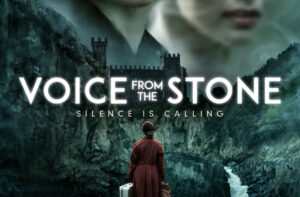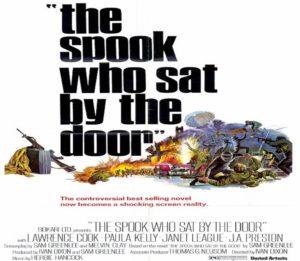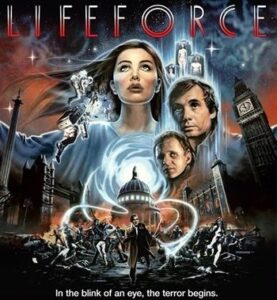Placing people particularly artists upon pedestals is an action inviting disappointment and hurt. People are flawed and when some are exalted it nearly always turns out in addition to their better natures, they possess darker ones as well. Artistic people are no more immune to this condition than political ones, contemporary or historical.
Roman Polanski is a brilliant filmmaker and apparently a rapist preying upon little girls.
HP Lovecraft blazed a trail into cosmic horror that people still follow today and was a virulent racist and xenophobe.
Joss Whedon championed strong, complex female characters and was a philander and an apparent control freak.
Orson Scott Card created a series that plead for understanding of the other and called for the suppression of the rights of gay people by ‘any means necessary.’
The list, sadly, is nearly endless of artists and creators that wielded considerable talent, adored by many, and then revealed corroded souls. Which brings us to the current participant in this sad parade, J.K Rowling author and creator is the massive franchise Harry Potter and The Quest for More Power.
Rowling’s recent comments, tweets, and postings on her stance attacking the rights people of the transgendered community have provoked pain, suffering, and emotional trauma among not only the target of her tirade but among her devoted supporters many of which have grown to adulthood with her fictional creation Harry Potter.
I believe that the hurt from Rowling’s abhorrent stance is amplified by a couple of factors. One, the sheer scope and penetration of her creation into the popular culture. There is scarcely a corner of our nation or world that has not been touched by Harry Potter and the wizarding world. The sheer number of fans is simply staggering gifted her with tremendous reach and power to influence.
Secondly, people crafted a tremendous mythology around Rowling and her life. The single mom who became a billionaire and then gave away so much money to charity she lost that status. The repeated assertion that the core theme of the work as a plea for understanding and a denunciation of hate. (A theme that, in my opinion, the work does not fully succeed at, but this is not a place for my issues where Harry Potter artistically fell short.)
It is that second factor that I think powers the real hurt felt by the fans. The idolization of Rowling, her morality, and the power of her myth not only lifted the artist onto a pedestal but bathed her fans in a reflected glow of morality. That they shared in her goodness by being such devoted fans so when it turns out that she has darker less admirable beliefs that too feels as though it is reflected on her fan base.
Both glows were illusionary.
Your morality is your own.





